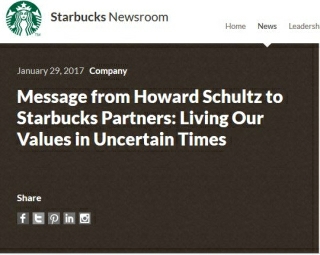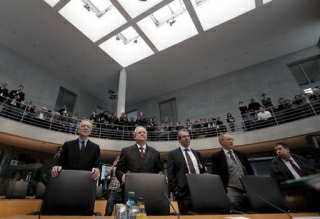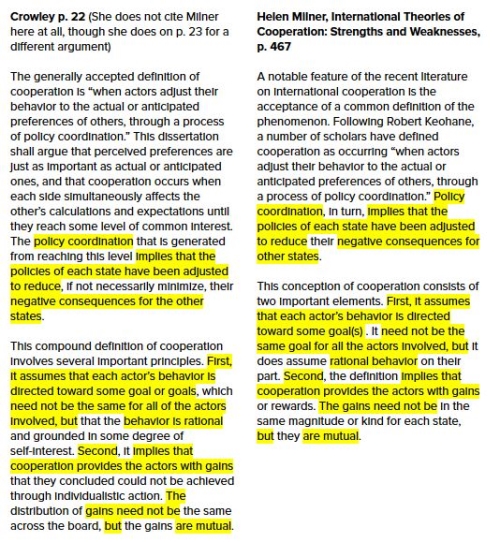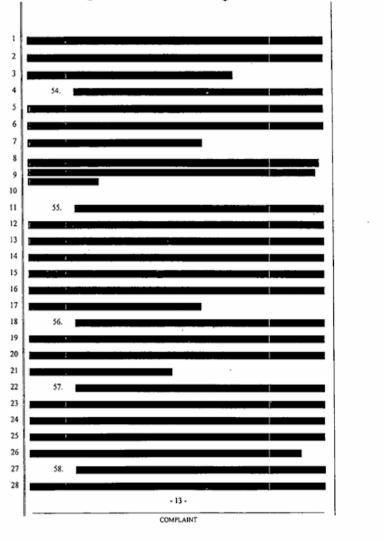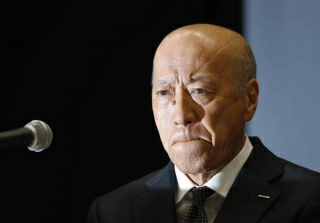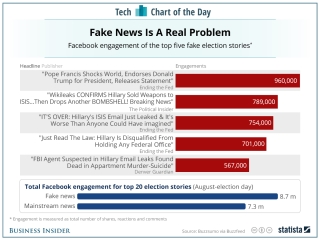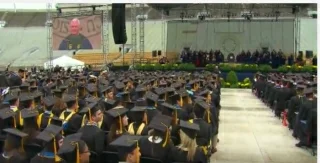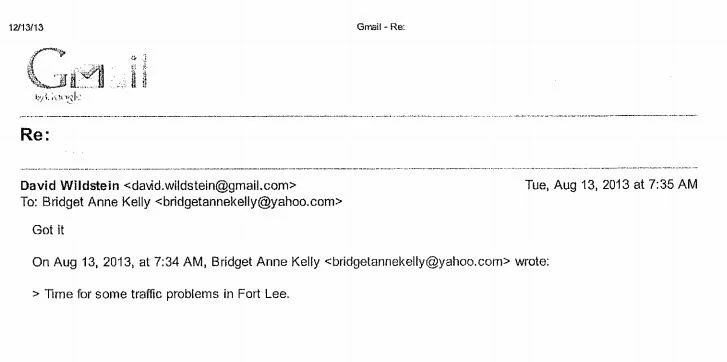NBA Bans Mean Tweets
/ The NBA is asking players to take the high road. Deputy commissioner Mark Tatum sent a memo to the 30 teams in the league:
The NBA is asking players to take the high road. Deputy commissioner Mark Tatum sent a memo to the 30 teams in the league:
"While we understand that the use of social media by teams, including during games, is an important part of our business, the inappropriate use of social media can damage the reputation of the NBA, its teams, and its players," NBA deputy commissioner Mark Tatum wrote in the memo obtained by ESPN.com. "Recently, social media postings (e.g., on Twitter) by some teams have crossed the line between appropriate and inappropriate. In addition to other concerns, such conduct by teams can result in 'Twitter wars' between players that can cause further reputational damage and subject players to discipline by the League.
"As a result, we want teams to be aware of the NBA's rules with respect to the use of social media by teams. As with in-game entertainment, teams are prohibited from mocking and/or ridiculing opponents (including teams, players, team personnel (including owners), and opponents' home cities) and game officials on social media in any form, including through statements, pictures, or videos."
...
"Teams may use social media for fun and light-hearted banter that does not reflect poorly on any team, player, other team or League personnel, or the League as a whole. However, such activity cannot become inappropriate or offensive. As such, we encourage teams to properly and extensively train their social media staff members to ensure that they know what kind of postings are appropriate and what kind are not."
The memo may have been inspired by Twitter banter about Chandler Parsons.
Mashable reports everyone being "obnoxiously nice" now. The sarcasm abounds.
Discussion:
- What's the difference between light-hearted banter and "inappropriate or offensive" language? I can see some fine distinctions here.
- What's your view of the recent sarcasm: fun, disrespectful, or something else?






